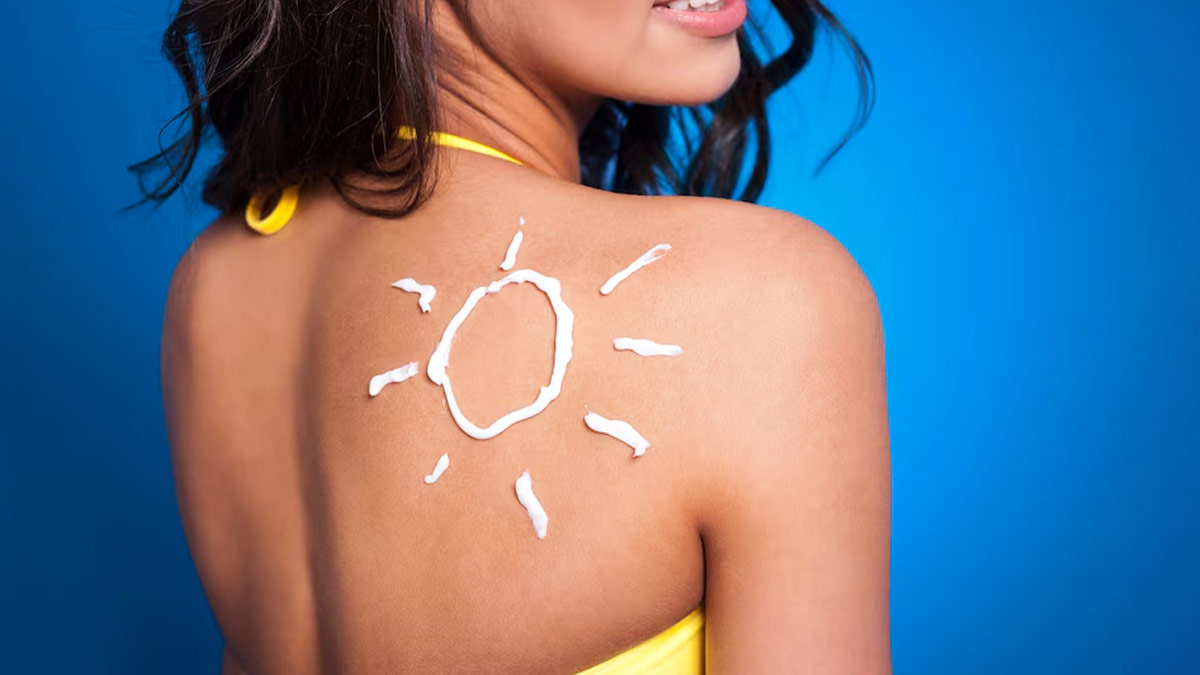
When it comes to protecting our skin from the sun, sunscreen is often the first solution that comes to mind. However, for those who prefer more natural approaches or are seeking alternatives due to skin sensitivities or environmental concerns, there are several effective ways to shield your skin from harmful UV rays. Let's explore some natural alternatives to traditional sunscreen.
Table of Content:-
1. Clothing: Your First Line of Defense
One of the simplest and most effective ways to protect your skin from the sun is to cover up. Wearing clothing that covers most of your skin can significantly reduce UV exposure. Opt for long-sleeved shirts, long pants, and wide-brimmed hats. Fabrics with a tight weave or those specifically designed with UPF (Ultraviolet Protection Factor) offer the best protection. Darker colors tend to absorb more UV rays, adding an extra layer of defense.
2. Seek Shade
Staying out of direct sunlight, especially during peak hours (10 AM to 4 PM), can greatly reduce the risk of sun damage. When outdoors, seek shade under trees, umbrellas, or canopies. If you need to be outside, plan activities for early morning or late afternoon when the sun's rays are less intense.
3. Dietary Defenses
Believe it or not, what you eat can impact your skin’s ability to protect itself from the sun. Diets rich in antioxidants can help bolster your skin’s natural defense mechanisms. Foods like berries, dark chocolate, green tea, and leafy greens are high in antioxidants that combat free radicals produced by UV exposure. Additionally, tomatoes, rich in lycopene, have been shown to offer some level of sun protection.
Also Read: Here’s How Sunbathing For 10 Minutes A Day Can Boost Your Immunity
4. Natural Oils and Butters
Certain natural oils and butters contain SPF properties and can be used as a layer of protection. While they should not replace sunscreen entirely, they can offer supplementary benefits:
- Coconut Oil: With an SPF of around 4-5, it offers some level of protection while moisturizing the skin.
- Carrot Seed Oil: This oil has a high SPF of around 38-40 and is packed with antioxidants.
- Red Raspberry Seed Oil: Known for its SPF ranging from 28-50, this oil also provides anti-inflammatory benefits.
- Shea Butter: Offering an SPF of 6-10, shea butter is also deeply moisturizing and soothing.
5. Homemade Sunscreen
For those who enjoy DIY projects, making your own sunscreen at home can be a rewarding endeavor. Combining natural oils with zinc oxide, a mineral that provides broad-spectrum protection, can create an effective sunscreen alternative. Here’s a simple recipe to try:
Ingredients:
- 1/2 cup coconut oil
- 1/4 cup shea butter
- 2 tablespoons zinc oxide (non-nano)
- 10-15 drops of essential oil (optional, for scent)
Instructions:
- Melt the coconut oil and shea butter in a double boiler.
- Remove from heat and let it cool slightly.
- Stir in the zinc oxide and essential oil until well combined.
- Pour the mixture into a container and let it cool completely before use.
Remember, while this homemade sunscreen can provide protection, it may not be as reliable as commercial sunscreens with tested SPF ratings. Always perform a patch test to ensure you don’t have any adverse reactions to the ingredients.
6. Aloe Vera
Known for its soothing and healing properties, aloe vera can also provide a mild level of sun protection. Applying aloe vera gel to your skin can help shield it from UV rays while also moisturizing and repairing any existing sun damage. Look for pure aloe vera gel without added chemicals for the best results.
Also Read: 7 Things To Make Sure Before Applying Aloe Vera On Your Skin
7. Mind the Reflection
It’s essential to remember that water, sand, and even snow can reflect and intensify UV rays, increasing your exposure. Being aware of your surroundings and taking extra precautions in such environments can help prevent unexpected sunburns.
Conclusion
Protecting your skin from the sun doesn't always have to involve commercial sunscreen. By incorporating natural alternatives like clothing, shade, a healthy diet, natural oils, and homemade solutions, you can effectively reduce your risk of sun damage. While these methods can offer significant protection, they should be used in conjunction with traditional sunscreens, especially during prolonged exposure to intense sunlight. Always prioritize your skin’s health and stay sun-safe naturally.
Also watch this video
How we keep this article up to date:
We work with experts and keep a close eye on the latest in health and wellness. Whenever there is a new research or helpful information, we update our articles with accurate and useful advice.
Current Version